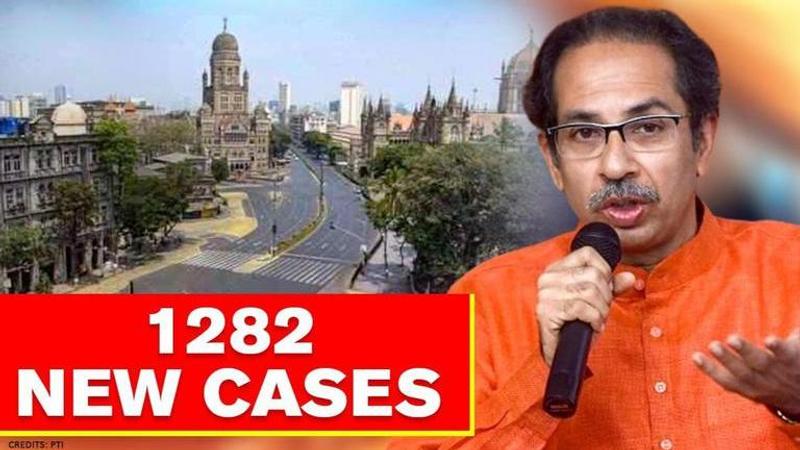Published 22:51 IST, July 9th 2020
Mumbai sees 1282 new COVID cases, city tally at 88,795 as doubling rate slows to 47 days
As Mumbai's hotels reopen at 33% capacity, the city saw 1282 new Coronavirus (COVID-19) cases and 68 new deaths. City tally at 88,795; doubling rate at 47 days

As Mumbai's hotels reopen at 33% capacity, the city saw 1282 new Coronavirus (COVID-19) cases and 68 new deaths. The civic body- BMC reported that 513 have discharged taking its cured tally to 59,751. Mumbai which has seen over 5000 deaths, currently has 88,795 cases till date - with 23,915 active cases.
Mumbai: 1282 new cases
The city's recovery rate currently stands at 67% with a 1.49% growth rate in cases in the past week. BMC which has loosened testing criteria has tested 3,74,142 samples till date. Moreover, BMC has 130 out of 1052 ventilator beds vacant, 233 of 1733 ICU beds vacant and has traced 8138 high-risk contacts in the past 24 hours.
BMC's revised testing strategy
On Tuesday, BMC Commissioner Iqbal Chahal said that no doctor's prescription will be required to get tested for COVID-19. BMC has also mandated testing of all high-risk contacts before discharging them from institutional quarantine facilities. Testing criteria for high-risk contacts in home quarantine have also been eased and they can now get tested through self-declaration - this was previously allowed only for senior citizens.
Mumbai has been testing around 4000-5000 tests per day, which experts suggest can be ramped up. With the ease in testing, BMC aims at testing 6500 samples per day. Moreover, the Maharashtra state government allowed private establishments to conduct COVID-19 tests of their staff subject to conditions, urging offices to procure rapid antigen tests to conduct these tests. While BMC has procured antigen test kits for government hospitals, the state govt has capped testing at Rs 2,500 and Rs 2,800 if the test is conducted at home.
Mumbai's COVID crisis
With Maharashtra extending its lockdown, the BMC has increased its containment zones to 746, while over 6634 buildings and chawls have been sealed and being self-managed by the society. While slums were initially where most cases were found, BMC claims that most cases were now found in housing societies. Recent BMC report shows Mulund as the most affected place with the doubling rate at 23 days, while Dharavi is the least affected ward with a doubling rate at 112 days. Overall, Mumbai's doubling rate at 47 days is higher than the national average of 21.8 days. The city is under section 144 with movement limited to 'neighbourhoods' till July 15.
Updated 22:51 IST, July 9th 2020





